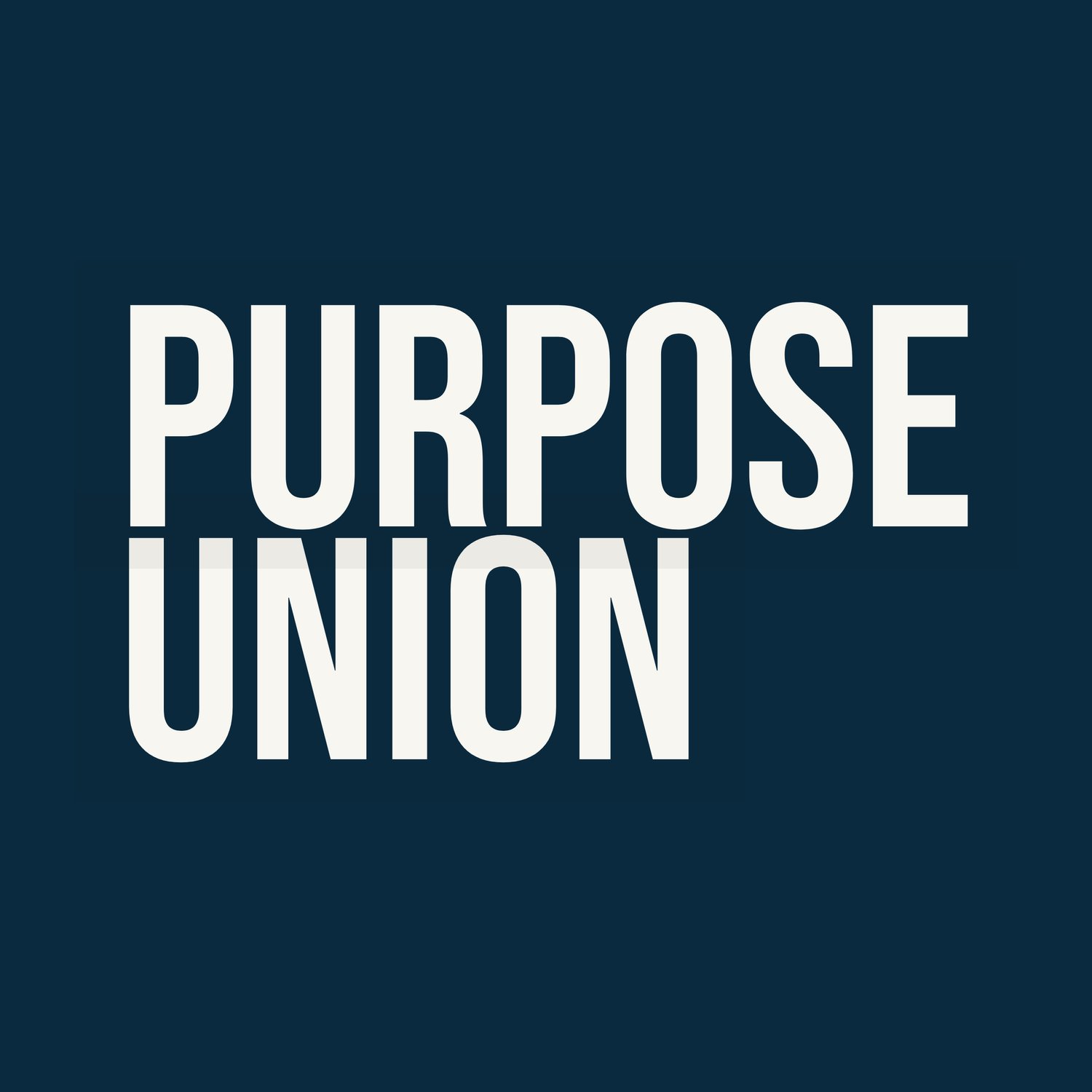The election campaign trial is heating up, and government relations teams need to be prepared
From Jade Azim, Associate Director for Advocacy at Purpose Union.
British politics is a different beast to the revolving door under Johnson and Truss. For once, it would seem that stability has overcome SW1. But you only need to walk down to Matthew Parker Street or catch a Tube to Blackfriars to know that all is not as it seems.
With the recent speculation that polling day will come in Autumn 2024, the major parties are already in election mode. Whether it be controversial negative campaigning on Twitter, or hyperactive policy announcements from the Government, the next election contest has taken on the American characteristic of serious expansion.
Government relations teams in purpose-driven organisations, looking to secure electoral impact, will need to play by the parties’ accelerated election timelines. And there are four urgent considerations to contend with.
Parties are already extensively analysing their voting bases - and any reports should be launched with this in mind
It is no coincidence that both Number 10 and Labour HQ have begun to announce, at times provocative and agenda-setting, policies. ‘Crime Week’ was the epitome of this and informed by significant assumptions on the part of party officials of where UK voters are - led by polling, selective focus grouping, and thought leaders advising each Leader.
For Labour in particular, the party has already undergone extensive research and analysis, from frequent focus groups to voter segmentation - led by Strategy Chief Deb Mattinson - to understand how to win back vital seats across the Red and Blue Walls.
This is significant because the narrative on what the median voter wants is already being solidified in the eyes of LOTO and Number 10 - and if purpose-driven organisations don’t act fast with their own evidence and analysis, the nature of the campaign will be cemented with little wiggle room to convince strategists of more progressive outlooks. We recommend acting fast with any new reports and ensuring a full dissemination strategy is enacted prior to year’s end.
The starting gun on policy and manifesto curation has already been fired
Informed by the above, both parties are already considering their manifesto agendas and have fired the starting gun on their manifesto curation.
Significant for businesses and organisations looking to input, the Labour Party is already deep in its consultation process, which is more democratic and expansive than the Conservatives. This includes its vast National Policy Forum consultation, but it also includes a huge sign off process from LOTO, HQ leadership and the senior leadership. Regardless, there are a number of gateways to contend with for those looking to secure manifesto pledges.
Elsewhere, it is likely that Sunak will consolidate power in the Number 10 Policy Unit, or rejig the whole structure altogether. No two elections are the same for the Conservatives, and a keen eye on who takes charge of the manifesto pen in the coming months will be essential.
Straight parliamentary or public affairs won’t do here; a strategy with accompanying structure mapping, a tailored language guide, and a clear goal in mind - including a curated manifesto pledge written up for the parties - will far outweigh any outreach programme that scatterguns traditional, aimless ministerial letters.
The culture war is intensifying
Despite the highly turbulent economic context - or perhaps symptomatic of it - early signs suggest that both parties are looking to outgun one another on culture war issues. From Trans rights to small boats and refugees, nothing can be taken for granted.
Purpose-driven organisations have a fight on their hands. Organisations with DEI intrinsic to their operations will have to make the decision now on if they feel they should - and can - intervene. Those representing marginalised groups will have to contend with often hesitant politicians, convincing them not just of the moral reasoning behind their campaigns but also demonstrating evidence on how voters are or could be on-side.
All organisations, regardless of who you represent, will need to consider the increasingly heated and complex maze of hazards to navigate by piecing together a strategy highly tailored to the characters of Westminster.
A new administration is still the most probable outcome
Some murmuring in Westminster about polls tightening, and a renewed confidence from the Prime Minister’s office, still conceals what is a healthy and reasonably stable lead enjoyed by the Opposition of 10-15 points - enough to hand them a working majority or at the least a Labour/Liberal Democrat pact.
The Labour Party are not taking anything for granted, but is nonetheless undertaking a significant exercise in getting ready for life in Government after 14 years out of power. Officials are working to understand the civil service, policy implementation and, under Rachel Reeves, considerable thought to spending under restraint. They are also considering an outcome with a Liberal Democrat supply and demand arrangement which should be factored into engagement strategies.
A proactive and responsible organisation will be taking every opportunity to get to know the Opposition and its team, as well as familiarising themselves with where policy goals can be inserted into the party’s ubiquitous ‘Five Missions’, via a significant mapping exercise.
This is the exact moment that purpose-driven organisations, be it charities or companies, will need to strategise to influence the next Government of the day. The hostile context makes this all the more essential.
Jade Azim is an Associate Director for Advocacy at Purpose Union. She oversees our Labour Insights support for clients. Get in touch for more information at jade.azim@purposeunion.com
